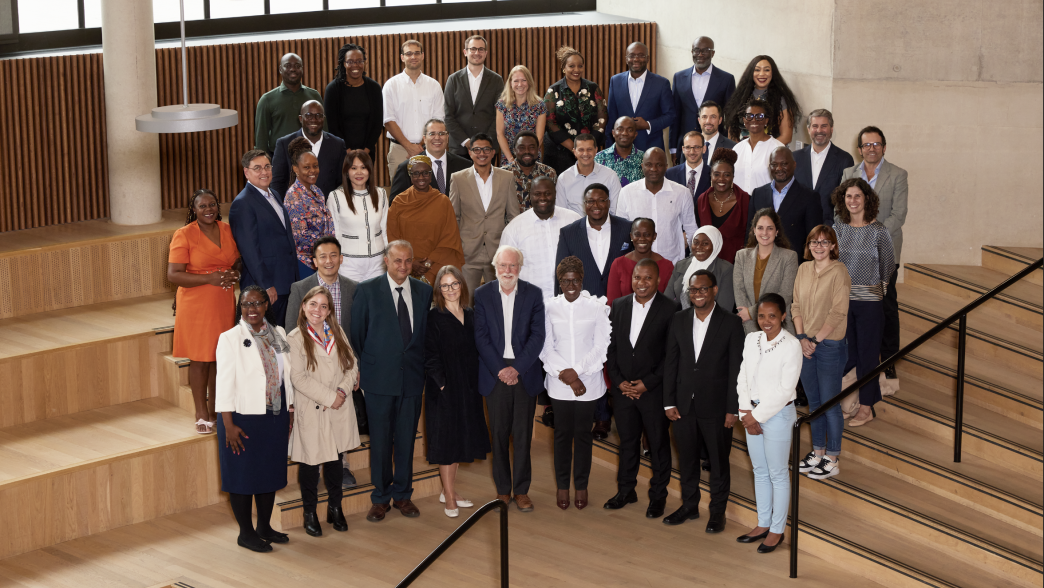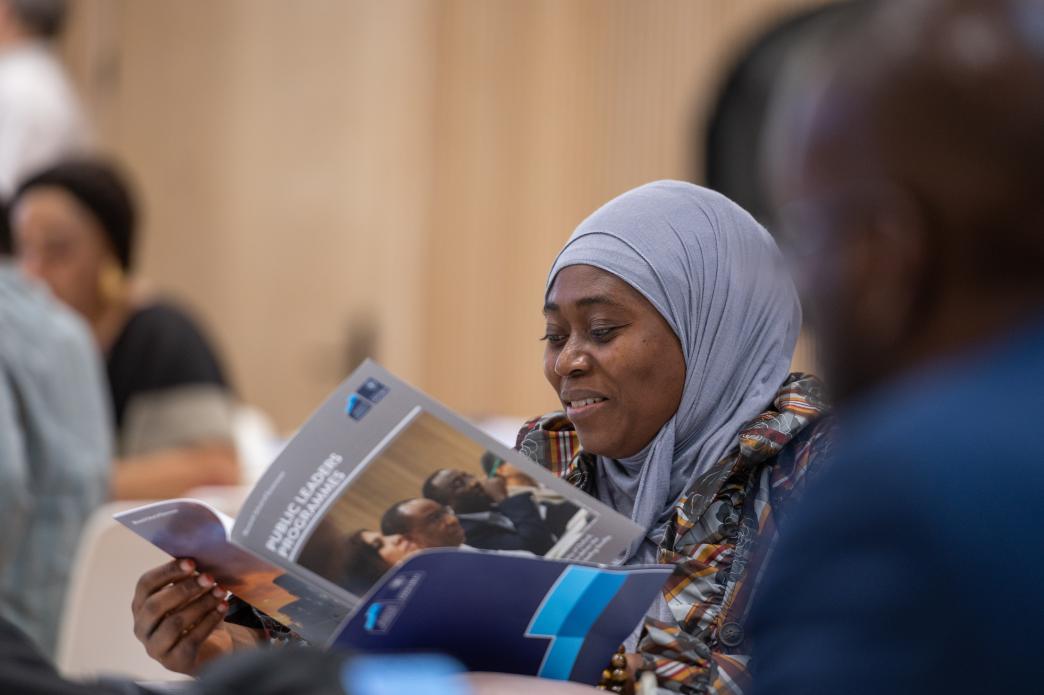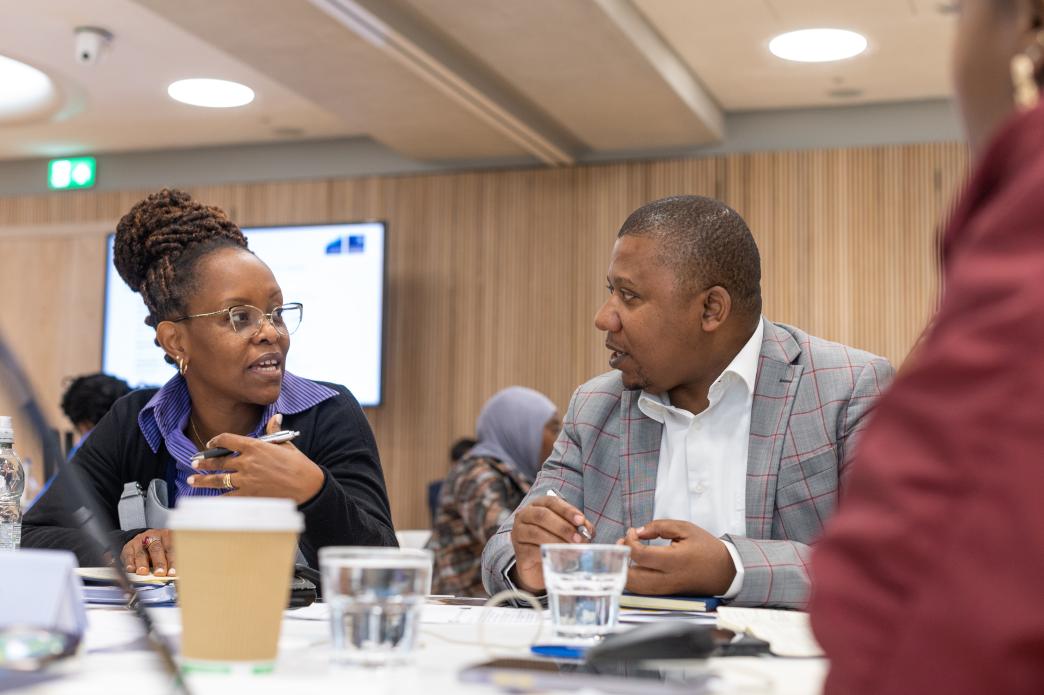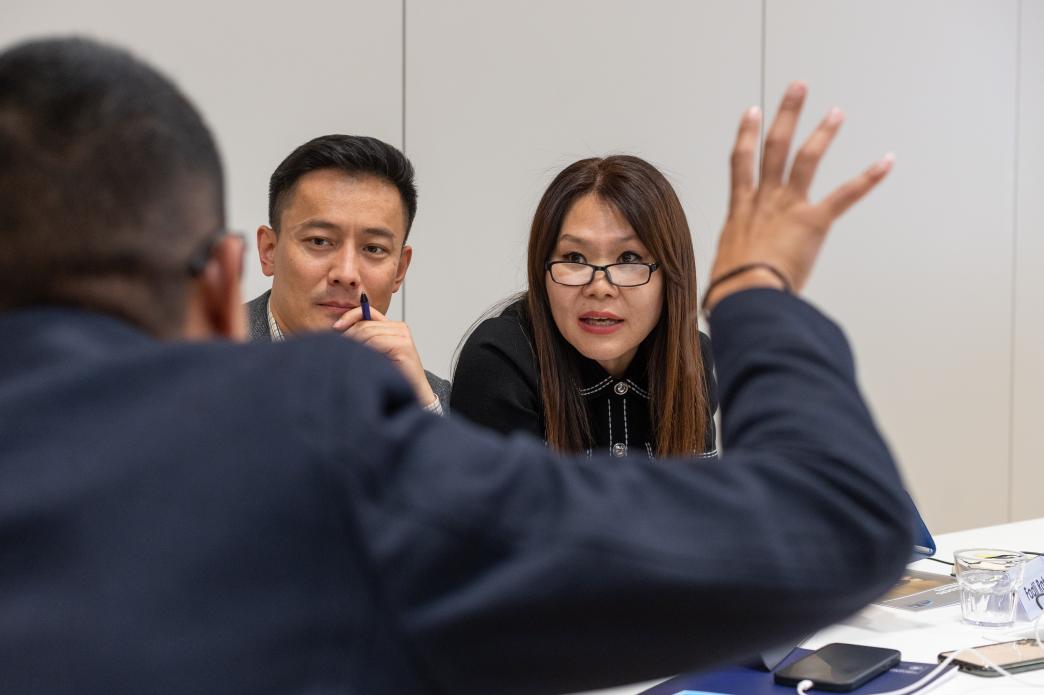
Together at Last: Reflections on In-Person Learning in the Wake of the Coronavirus Pandemic
The 2022 edition of the “Executive Course on Oil, Gas and Mining Governance” program took place at the University of Oxford in September, after a two-year hiatus caused by the coronavirus pandemic. NRGI and Oxford’s Blavatnik School of Government welcomed 44 participants from 21 countries, representing a wide range of stakeholders from the public, private and non-governmental sectors.
This year’s program built on the Natural Resource Charter as a guiding framework and addressed how the extractive sector has changed in the wake of the pandemic. Throughout the week, course instructors explored both the technical policy aspects of resource management and the complex interplay between governments, companies and citizens. Participants reflected on the elements of a national natural resource strategy and what it would take to develop such a strategy in their respective contexts.
For many this was the first in-person program for since the pandemic, so we were sure to include interactive elements that allowed participants to actively learn from each other about key challenges and best resource governance practices. To make the course as engaging as possible, we asked participants to each identify one personal challenge related to the topics covered in the course and discuss it with others so they could gain a broader perspective on these issues. Participants noted this engendered meaningful conversations that facilitated collaborative information sharing and knowledge building for all. The facilitation of these types of interactive, peer-to-peer activities proved key to the overall impact of the course, underscoring the importance of in-person delivery of capacity development programs and the need to continue to offer a mix of physical and virtual trainings in the future.
During the course, I sat down with participants to learn more about their experiences and thoughts on the program. Many were excited to be able to come together to discuss recent developments in the extractive sector. One participant noted that gathering in Oxford “provided an invaluable opportunity to interact, share and learn from different players in the oil, gas and mining sectors from around the world.”
One participant discussed regulatory and policy gaps in their country and the role informed citizenry and community participation play in shaping law-making. In this respect, the course was instrumental in hearing the perspectives of other countries and lessons learned.
Another participant echoed this sentiment, saying, “the interactions and space for team building during the course allowed for establishing lasting bonds with other participants and faculty. The conversations and discussions outside of class helped to learn more about other countries’ perspectives on natural resource management and governance. That might not have been possible in an online setting, where daily tasks take over and do not allow one to fully immerse in the learning experience.”
This year’s program provided a unique opportunity to meet with colleagues from different geographic locations and specializations that one may not normally meet in their professional circles.
A third participant shared that “this year’s program provided a unique opportunity to meet with colleagues from different geographic locations and specializations that one may not normally meet in their professional circles. The course provided a platform for rich discussions and knowledge sharing. It facilitated networking, which would go a long way to sustaining built relationships.” Another learner highlighted license allocation and the negotiation process as a challenge in their country and noted that the course provided an enriching platform to discuss this with faculty and industry experts.
A fifth participant highlighted the uniqueness of the course, which provided “the space to address recent developments in the oil and gas industry with world-class experts and the opportunity to think about tangible policy and non-policy solutions to bring back home.”
From my discussions with participants, it became clear that the program is important for fostering relationships. “The practical nature of the program exceeded my expectations, particularly how well it addressed the issues we face in our everyday roles,” noted one. “I have established and exchanged contacts with several fellow participants to enhance future collaborations and gained information for future engagements in promoting transparency and good governance in the natural resource governance within my areas of operations and with other partners outside the network.”
Another participant said they were able to meet with participants from neighboring countries and discuss in-depth common challenges in extractive sector investments. It facilitated a conversation they both wanted to continue at home and a sense of working together for better management and governance of oil, gas and mineral resources.
Hear more participant perspectives from Argentina, Ghana, Kenya, Libya, Sierra Leone, Tunisia and more, in a series of video interviews.
Photos by John Cairns for NRGI
Executive Course on Oil, Gas and Mining Governance
This course is for senior policy-makers to manage and govern their nation’s oil, gas or mineral resources for a better future.
Authors
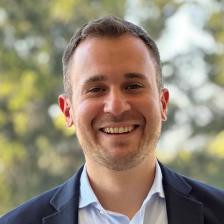
Matteo Molineris
Capacity Development Officer
